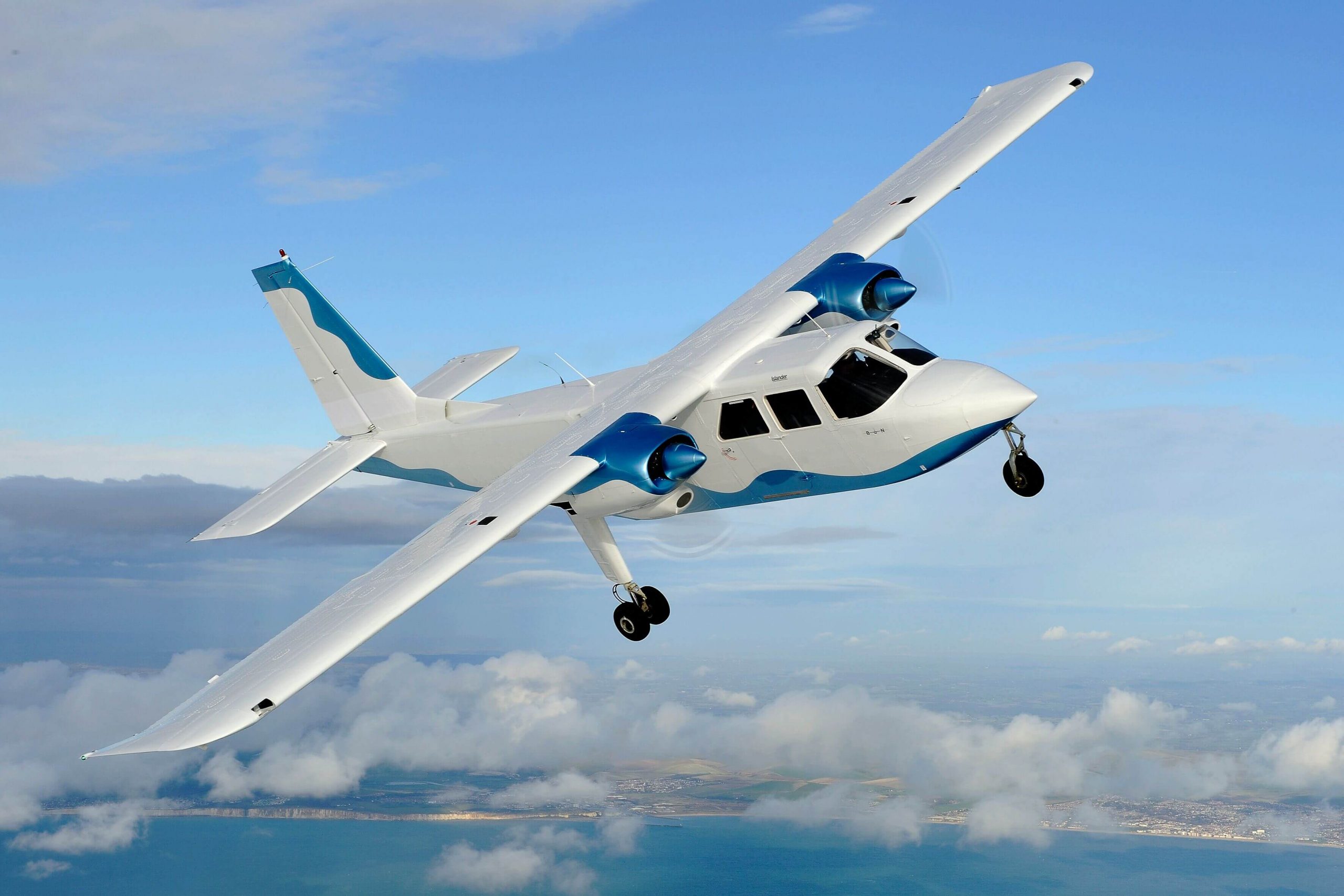As many as 82% of British passengers would be open now to flying on a hydrogen-powered plane, and 77% would consider flying on planes run entirely on batteries, research commissioned by the Jet Zero Council has found.
The public welcomes the prospect of zero-emissions aviation technologies, despite unfamiliarity and even some concerns over their viability.
Researchers for the Jet Zero Council, a partnership between the UK government, industry and academia focused on reducing aviation emissions, quizzed 2,000 travellers about their attitude to kerosene-bereft flying.
They found British adults need thorough reassurance that any new aviation technologies are rigorously tested to ensure their safety before they are introduced commercially.
On average, they believe zero-emissions aviation – i.e. battery- and hydrogen-powered aircraft – to be around 15 years off commercial use.
Despite concerns about range and weight, 37% said they would fly on a battery powered aircraft, and a further 40% said they’d consider it. The public is more confident about hydrogen-powered aircraft, with 35% saying they would take a flight powered by hydrogen, and a further 47% said they’d be open to it.
Emma Gilthorpe, CEO of the Jet Zero Council, says, “It’s great to see how confident the general public are about zero-emissions aviation technologies. Battery- and hydrogen-powered aircraft are a crucial part of decarbonising the future of flight, and it is important that industry makes it as easy as possible for the public to embrace these technologies as they enter service”.
Rachel Gardner-Poole, Chair of the Jet Zero Council Zero Emission Flight Delivery Group, says, “It is really helpful to see the views of the general public on these important topics. Battery electric aircraft are already being used on a daily basis by some UK-based private flying schools, and will expand significantly to urban and rural settings in the near future, with regional flight also anticipated. Meanwhile, emerging hydrogen propulsion will be capable of domestic flights, and in the longer term, international routes will be flown using hydrogen. Jet Zero Council members are at the forefront of this work and it’s very exciting to see that some of these technologies are projected to enter the commercial market before the end of the decade.”
“It’s important to recognise that aviation is already on the journey to net zero. Commercial flights are using Sustainable Aviation Fuel right now, which are a key part of aviations sustainable future, alongside the zero-emissions aviation technologies of the future”.
“As an industry, we need to clearly communicate the safety and performance of these new technologies and I look forward to the day when transatlantic flight has zero impact on the environment.“
To find out more about the Jet Zero Council, visit https://www.gov.uk/government/groups/jet-zero-council.




